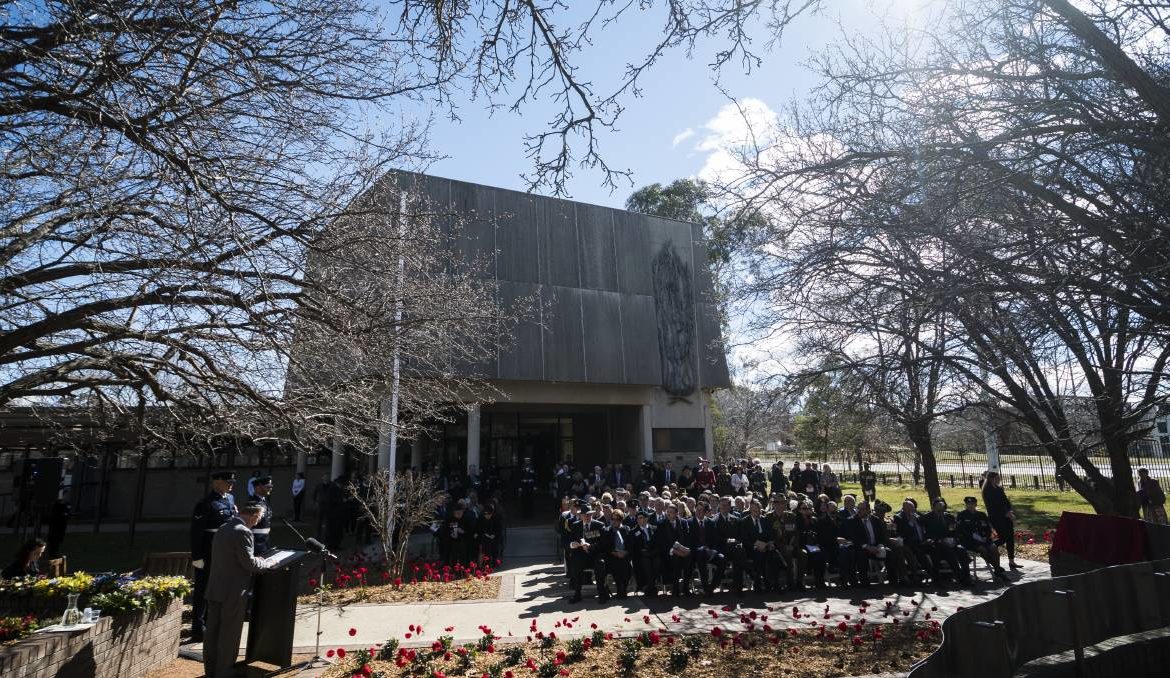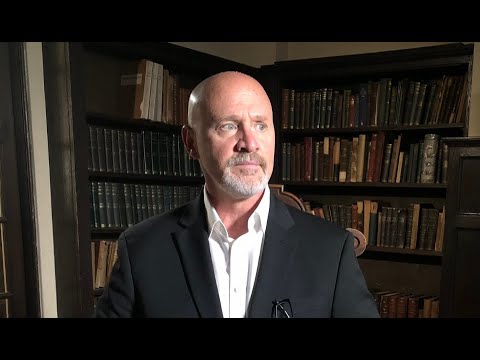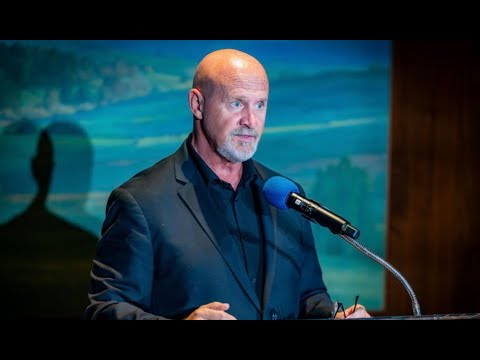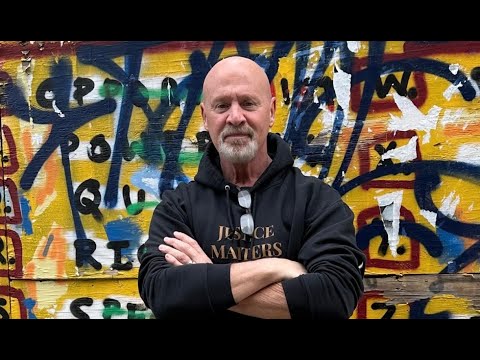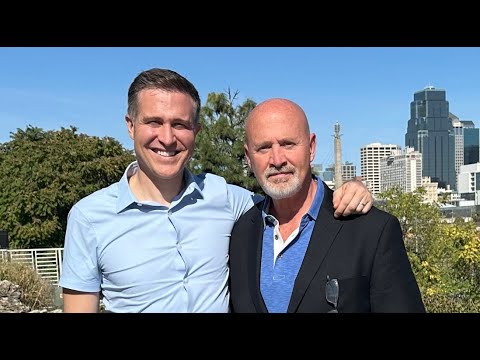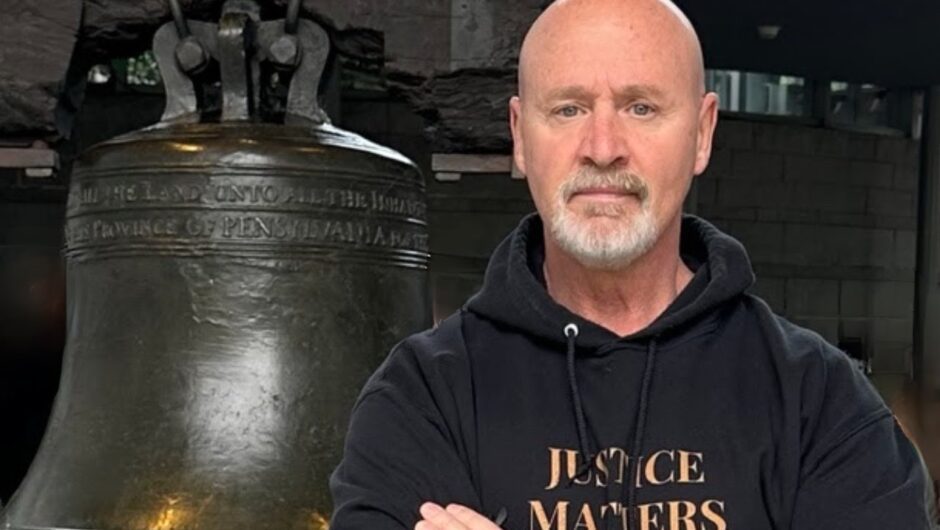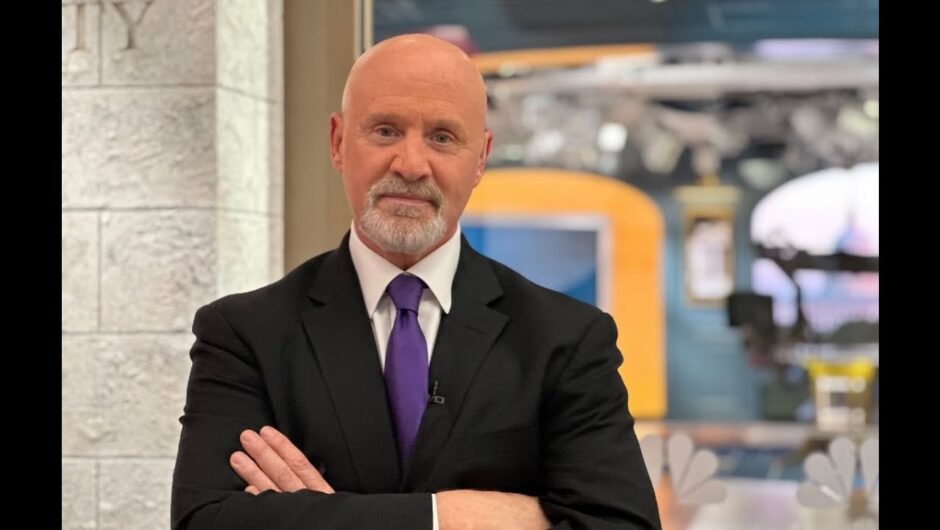news, federal-politics,
Canberrans will soon be able to learn and understand the reality of the Holocaust, with the federal government committing funds towards establishing the Canberra Holocaust Museum and Education Centre. The $750,000 in funding will be officially announced at the National Jewish Memorial Centre in Forrest on Wednesday, at a ceremony marking international Holocaust Remembrance Day. It is still very early days in planning for the Holocaust Museum, but it is likely to form a wing of the National Jewish Memorial Centre, which is run by the ACT Jewish Community. Veronica Leydman, president of the ACT Jewish Community, said having a permanent museum would be incredibly important for the hundreds of students who visit the centre each year to learn about the reality of the Holocaust. “We would envision having stories from our own community there; we have at the moment six Holocaust survivors who are members of the Jewish community in the ACT,” Mrs Leydman said. Mrs Leydman has been inspired by similar museums around the country, including projects where survivors’ stories are recorded into oral histories. “Our Holocaust survivors are in their 90s. We’re very lucky to have these people to share their stories with the younger generations,” she said. Events like the recent insurrection at the US Capitol, and the rising reports of antisemitic incidents in Australia make such museums even more important, Mrs Leydman said. “You can see how fragile a democratic nation really is,” she said. “It’s important for ACT citizens and students to study the past so we can prevent such things happening in the future.” The memorial centre is currently exhibiting items on loan from the Polish and German embassies, including items covering work by early historians on the Holocaust, but this funding will allow for a permanent section. January 27 marks the liberation of the Auschwitz-Birkenau concentration camp, the largest of the Nazi death camps, where more than a million people were killed. Education Minister Alan Tudge paid tribute to the 6 million Jewish people who lost their lives in the Holocaust. “This new memorial will allow Australian students, teachers and the wider community to better understand the Holocaust and its impact on our world,” he said. “Our government has committed funding, in partnership with respective state governments, for the construction of similar centres in Victoria, South Australia, Queensland and Western Australia.” “Holocaust education is an important subject that all students should learn. This centre will help facilitate this.” The museum and education centre is likely to also receive funding from the ACT government, but that is yet to be finalised. “Establishing a permanent Holocaust museum and education centre in the ACT to continue educating our community about the Holocaust, the roots of prejudice and the ongoing need to maintain a respectful multicultural society is a worthy project,” Chief Minister Andrew Barr said. “The ACT government looks forward to supporting the ACT Jewish community with a financial and in-kind contribution towards the project as it develops and progresses over the coming year.” In a jointly written opinion piece to be published on Wednesday, federal Treasurer Josh Frydenberg and Labor’s Josh Burns call the Holocaust “the darkest hour of mankind”. “But with time, memories fade, events are forgotten and most of those who bore witness are no longer here to tell their stories,” they wrote. “This is why January 27, International Holocaust Remembrance Day, is so important.” Mr Frydenberg and Mr Burns said museums and exhibitions helped in the push against historical revisionism and those who sought to deny the Holocaust happened. “Through literature, testimonies and other exhibits, every Australian, young and old, can and should have the opportunity to learn what happened,” they wrote. “Holocaust education should be taught in Australian classrooms so the children of today and tomorrow learn from the past and work towards a brighter, more tolerant and inclusive future.”
/images/transform/v1/crop/frm/fdcx/doc71f2yfzlkzq1f2je2mc0.jpg/r3_373_5247_3336_w1200_h678_fmax.jpg
Canberrans will soon be able to learn and understand the reality of the Holocaust, with the federal government committing funds towards establishing the Canberra Holocaust Museum and Education Centre.
The $750,000 in funding will be officially announced at the National Jewish Memorial Centre in Forrest on Wednesday, at a ceremony marking international Holocaust Remembrance Day.
It is still very early days in planning for the Holocaust Museum, but it is likely to form a wing of the National Jewish Memorial Centre, which is run by the ACT Jewish Community.
Veronica Leydman, president of the ACT Jewish Community, said having a permanent museum would be incredibly important for the hundreds of students who visit the centre each year to learn about the reality of the Holocaust.
“We would envision having stories from our own community there; we have at the moment six Holocaust survivors who are members of the Jewish community in the ACT,” Mrs Leydman said.
Mrs Leydman has been inspired by similar museums around the country, including projects where survivors’ stories are recorded into oral histories.
“Our Holocaust survivors are in their 90s. We’re very lucky to have these people to share their stories with the younger generations,” she said.
Events like the recent insurrection at the US Capitol, and the rising reports of antisemitic incidents in Australia make such museums even more important, Mrs Leydman said.
“You can see how fragile a democratic nation really is,” she said.
“It’s important for ACT citizens and students to study the past so we can prevent such things happening in the future.”
The memorial centre is currently exhibiting items on loan from the Polish and German embassies, including items covering work by early historians on the Holocaust, but this funding will allow for a permanent section.
January 27 marks the liberation of the Auschwitz-Birkenau concentration camp, the largest of the Nazi death camps, where more than a million people were killed.
Education Minister Alan Tudge paid tribute to the 6 million Jewish people who lost their lives in the Holocaust.
“This new memorial will allow Australian students, teachers and the wider community to better understand the Holocaust and its impact on our world,” he said.
“Our government has committed funding, in partnership with respective state governments, for the construction of similar centres in Victoria, South Australia, Queensland and Western Australia.”
“Holocaust education is an important subject that all students should learn. This centre will help facilitate this.”
The museum and education centre is likely to also receive funding from the ACT government, but that is yet to be finalised.
“Establishing a permanent Holocaust museum and education centre in the ACT to continue educating our community about the Holocaust, the roots of prejudice and the ongoing need to maintain a respectful multicultural society is a worthy project,” Chief Minister Andrew Barr said.
Chief Minister Andrew Barr. Picture: Dion Georgopoulos
“The ACT government looks forward to supporting the ACT Jewish community with a financial and in-kind contribution towards the project as it develops and progresses over the coming year.”
In a jointly written opinion piece to be published on Wednesday, federal Treasurer Josh Frydenberg and Labor’s Josh Burns call the Holocaust “the darkest hour of mankind”.
“But with time, memories fade, events are forgotten and most of those who bore witness are no longer here to tell their stories,” they wrote.
“This is why January 27, International Holocaust Remembrance Day, is so important.”
Mr Frydenberg and Mr Burns said museums and exhibitions helped in the push against historical revisionism and those who sought to deny the Holocaust happened.
“Through literature, testimonies and other exhibits, every Australian, young and old, can and should have the opportunity to learn what happened,” they wrote.
“Holocaust education should be taught in Australian classrooms so the children of today and tomorrow learn from the past and work towards a brighter, more tolerant and inclusive future.”

